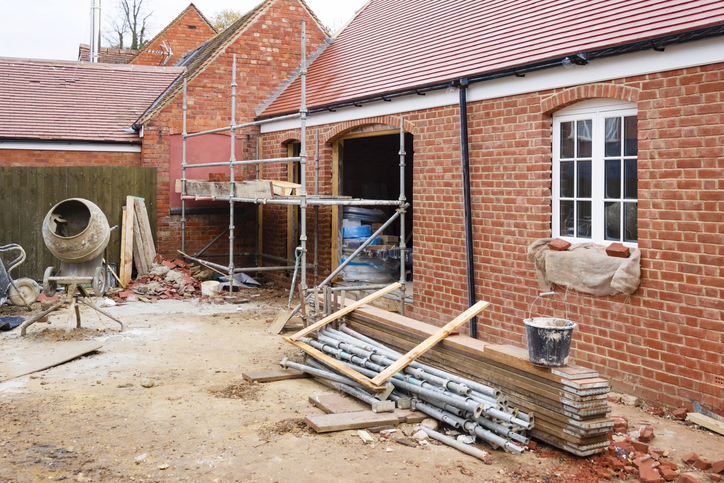
There’s a common misconception, especially with long leasehold interests, that tenants have free rein to make alterations to their property simply because they’ve paid a premium for the lease. However, as a tenant, it’s crucial to review the terms of your lease for any clauses that might restrict alterations before you begin any work.
Prohibited Alterations
Your lease might explicitly prohibit alterations. In such cases, you can still approach your landlord for approval, but they aren’t obligated to consent. If approval is granted, the lease should be formally amended by Deed to allow the proposed alterations. This process is important as it could impact the landlord’s obligations to other tenants in the building, necessitating careful consideration.
If the property’s freehold or leasehold interest is under a mortgage, the lender’s consent will be necessary, and the Deed will need to be registered at the Land Registry upon completion.
Landlord’s Consent is Necessary
In many long leases, alterations are permitted with the landlord’s consent. However, these alterations might be limited to those that don’t affect the building’s structure or exterior, depending on the building’s nature and the lease terms.
When the landlord’s consent is required, you’ll typically need to submit plans and specifications for approval. The landlord may also request payment for their legal and surveyor’s fees to process your application. If consent is granted, it usually comes in the form of a Licence for Alterations, outlining specific conditions such as:
- Time limits for completion of the works, often to minimize disruption to neighbors or other tenants.
- Restricted hours during which works can be carried out, particularly relevant when other tenants might be affected.
- Reinstatement requirements, especially for significant alterations, which may need to be reversed at the end of the lease.
No Restrictions
If your lease doesn’t impose any restrictions on alterations or explicitly permits them, you’re generally free to proceed. However, it’s essential to ensure that the works stay within the boundaries of the property demised. For instance, installing an air conditioning unit on the building’s exterior without appropriate rights could be problematic.
Additional Considerations
Apart from lease restrictions, it’s important to consider whether local authority consents are required, such as planning permission or building regulation approval. If the property is listed or within a conservation area, additional consents may be necessary.
Furthermore, if the works involve party walls, consulting with a party wall surveyor might be prudent. Mortgage conditions should also be checked for any requirements regarding alterations, as lender consent may be needed.
Lastly, it’s crucial to inform the building insurers about proposed works to avoid invalidating the insurance policy. Failure to do so could leave you exposed to significant risks.
The content of our site is provided for general information purposes only and does not constitute legal or other professional advice.
